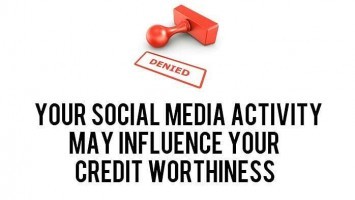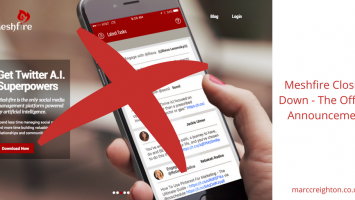
Social media and the NHS, where do you start? Most NHS trusts now operate some social media presence. In many cases, this is through a multitude of different platforms run by in-house communication teams. By creating a ‘digital footprint’ for themselves, it allows Trusts to communicate with patients and staff alike efficiently. It also helps build a relationship of trust with them.
With this form of ‘open communication’ comes many advantages and with it, disadvantages.
Social media and the NHS
The advantages of using social media in the NHS:
- You can efficiently present information about your services, objectives and initiatives in real time
- Social media channels are an excellent way for people to share their positive feedback about your organisation. Others may also benefit from this information
- It is possible to receive valuable suggestions and constructive criticism through social media channels. This can lead to service improvements and in turn, reduce complaints
- People on social media are looking for videos or some other mean, that lets them see and hear about your success stories. How they managed to save a person’s life or how they improved the health of their patients for example
- In addition to videos, one can also share pictures on social media channels such as before and after treatment photos of patients.
The benefits are many, but there is always a downside to everything primarily if not managed appropriately. The same goes for using social media in the NHS. When you present a platform or forum for people to come together and discuss anything, you hand over your reputation. Apart from deleting a comment the moment it appears on your social media page, you can do absolutely nothing about the negative feedback or remarks that can damage your reputation. So, you have to use this platform very carefully.
Let’s have a look at the disadvantages of using social media in healthcare, particularly for promoting your services.
The disadvantages of using social media in the NHS:
- The biggest problem with using social media for promoting your Trust and it is services is not having control over what your patients say about you. Somebody may even start spreading false information about your organisation in an attempt to destroy your reputation. This is a risk you should evaluate before plunging into the field of social media
- Another downside of using social media platforms to promote your healthcare services is that some patients may not like their private information or medical history to be shared with other people. This could be a significant hurdle in creating an impressive online content
- As with any patient-related communication, you have to be constantly aware of your responsibilities towards patient confidentiality.
However, these disadvantages exist in almost every field, and calculated risks have to be taken when one has to make use of all forms of digital marketing for the promotion of their organisation. The steps below show how to mitigate these risks and create a safe online community.
How to use social media safely:
To avoid becoming a victim of the negative points or risks involved in digital marketing, it is advisable to keep a check on all the activities, comments, likes and discussions happening on all your channels. You are expected to reply to all comments and queries posted on your forum by your community. This is the first step in building a relationship with your patients based on trust and understanding.
Social Media and the NHS – Go Ugly, Early Technique
It is also advisable to use appropriate language when communicating with your patients online. As tempting as it may be, you must avoid using discriminating remarks, abusing someone merely because they said something negative about your business, and making fun of somebody even if it is unintentional.
The US Army digital marketing team have a straightforward tactic when addressing negative comments or rumours. ‘Go Ugly Early’ is the technique employed, whereby you acknowledge the comment or talk as soon as possible and promise to investigate it. Upon investigation, you then feedback your findings.
So, always think twice before posting on your page, to achieve the maximum benefit of this marketing opportunity.
Remember, you can’t control the conversation, you can only be a part of it. But you have 100% control over your message.
Do you work in social media and the NHS? I would love to hear your thoughts either in the comments or via Twitter.




Leave a Reply